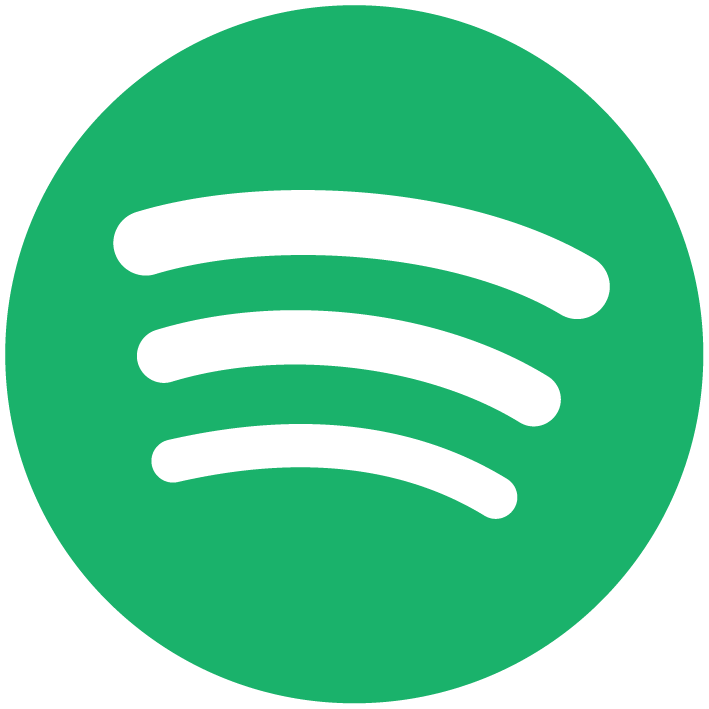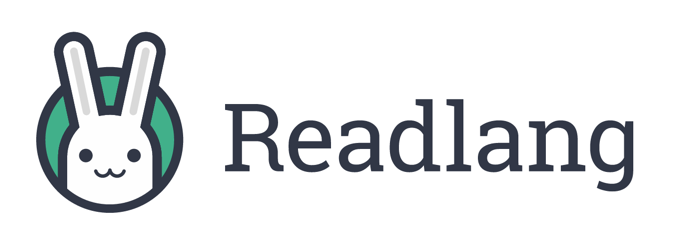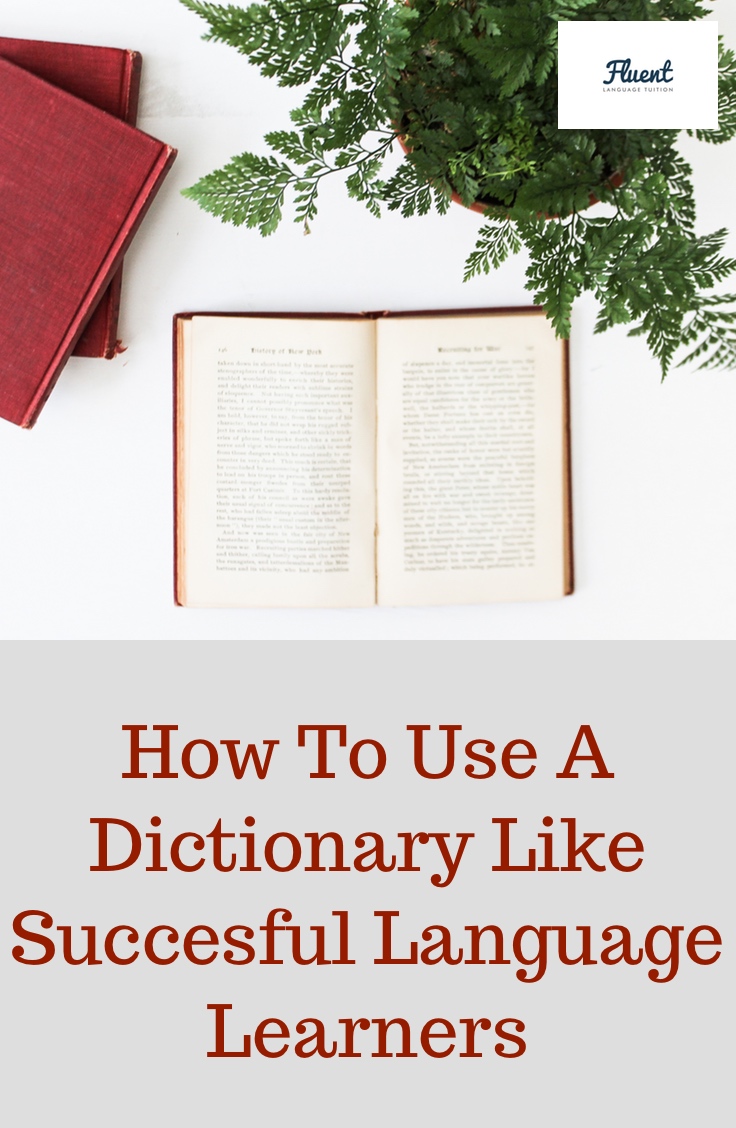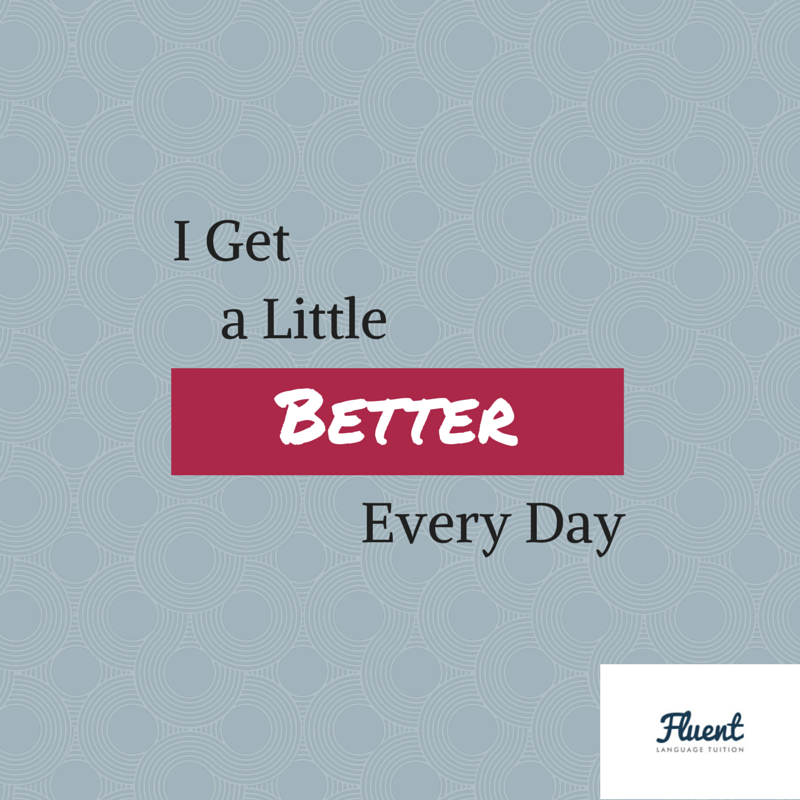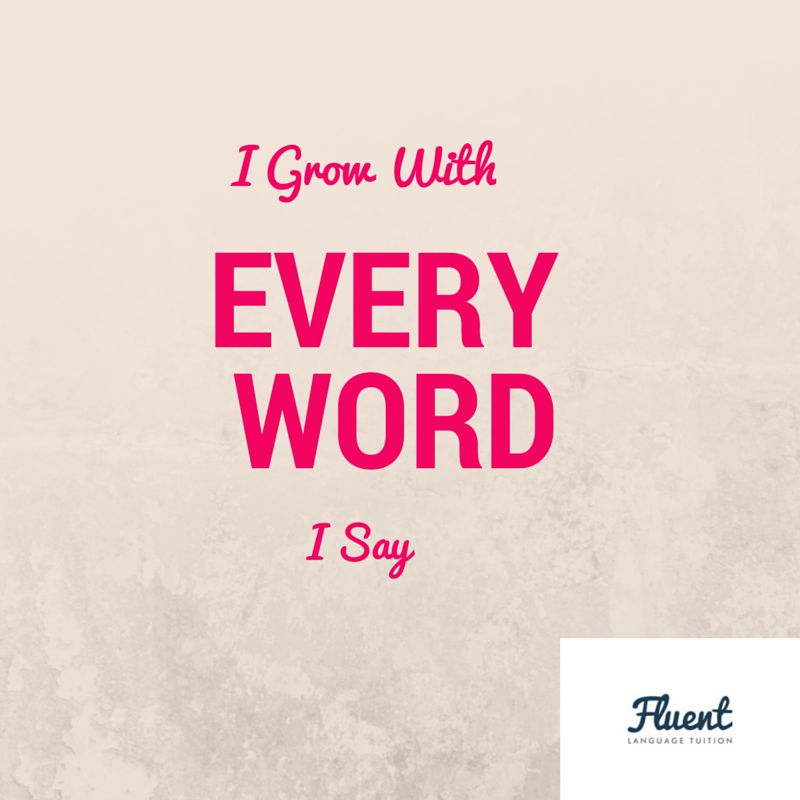Episode 38 is brought to you with friendly support from italki. Do visit their site and check out the awesome Buy 1 Get 1 Free offer to learn from native speakers today.
Kerstin and Lindsay bring you the ultimate Spring/Summer collection of language learning tools. We each nominated three things we regularly use for learning languages and discussed how to make them teach you a language.
"I'm not as good as I think I am - but that's a good thing because it motivates me to work harder." - Lindsay
And if that's not enough, we then went ahead and created our own language learning chart for you.
Listen to the show to find out our absolute top recommendation.
Here's a quick run-down of the charts:
1) Forvo
This is the place you can go if you want to know how to pronounce a word in any language. It's even useful for finding out how to say a word (or a name) in your own language. Forvo's top pronounced words of March 2016 were Cruyff, Slaínte and Leicester.
This one is absolutely perfect for people who are curious and excited about language and how it works. In other words, language geeks like us. If you don't know it, forvo it.
2) Spotify
Do you like one artist in your target language and want to explore more? Then Spotify is your best tool.
Here is our podcast's own Spotify Language Chart, created for the European Day of Languages 2015 live show.
3) Workflow and Evernote (IOS devices)
The app Workflow is a way for you to connect different apps on your IOS device to each other. Use it to save audio from anywhere on the internet and save it, so that you can access it offline no matter where you are.
We recommend Workflow for anyone who loves to tinker and build their own little systems for language learning.
Workflow also talks to the Apple watch - have you used it with the watch for flashcards or uploads? I'd love to hear your stories.
3) Snapchat
Snapchat is a social network that allows you to use your phone's camera and create your day's story with videos and photos. Use it to practice speaking or snap new words in your target language.
This one is perfect if you're embarrassed to speak, because whatever you upload into Snapchat will disappear after 24 hours. We recommend Snapchat for younger learners, and anyone who loves using the camera on their smartphone.
4) Readlang
Readlang is an extension for your browser or an app for your mobile device, and it translates any website. With Readlang you can just tap on any word and it will translate it for you - and then you can save it for later or add to your flashcard system.
It makes language learning so much more interesting because you can look at anything that's relevant to YOUR life. We recommend this one for learners who are intermediate to advanced and want to maintain their language levels.
If you're a Welsh learner, there's a similar system built into the BBC Cymru website ("Vocab" button in the top right).
5) Google Sheets Translate
This is the best for anyone wanting to build word lists in several languages. Google Translate has now been added to Google Sheets, so what you can do is build a simple vocab list in a spreadsheet, then set all those words to auto-translate into another language.
Here's the detailed Google article explaining how to use this function.
If you have a csv file, you can even export from your favourite flashcard app and add it back in to google. It's perfect for polyglot learners who are working on several languages.
Honorary Mentions
Welsh-specific:
- iPlayer
Korean-specific: - Drama Fever
Everlasting Classics
italki, Memrise (Anki/Quizlet), HelloTalk
Do You Agree With Our Language Chart?
You can get in touch with us and tell us what you thought by
1) leaving us an iTunes review by visiting our itunes page and clicking "Ratings and Reviews"
2) using hashtag #cllp (or #kerstinyouold) on Twitter (I am @kerstinhammes and Lindsay is @ldlanguages).
And once again, thanks so much to our sponsors Italki - please support our show by visiting them today.

